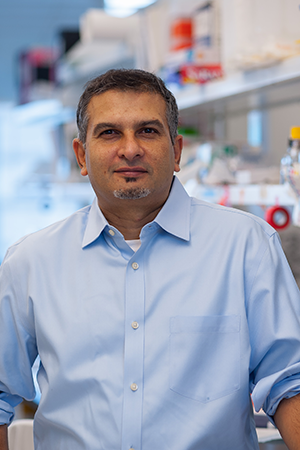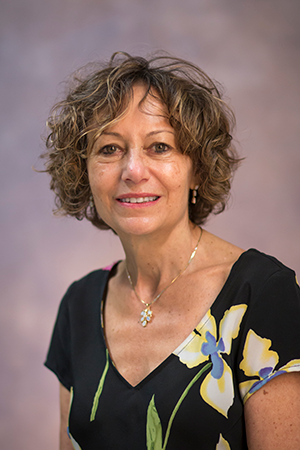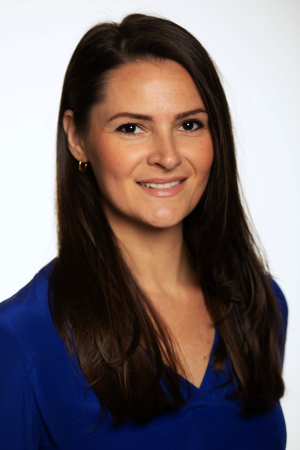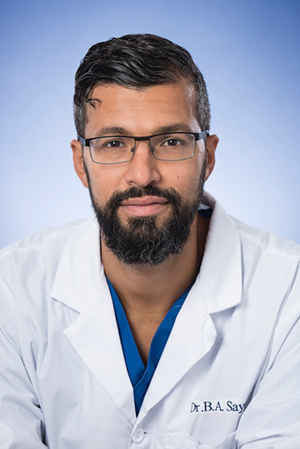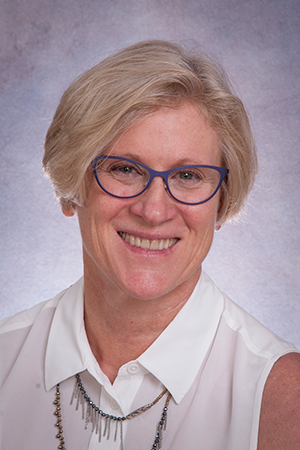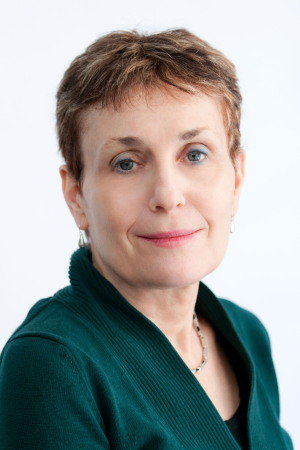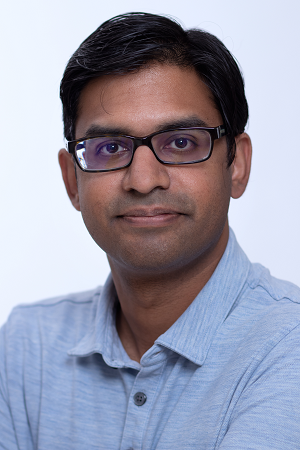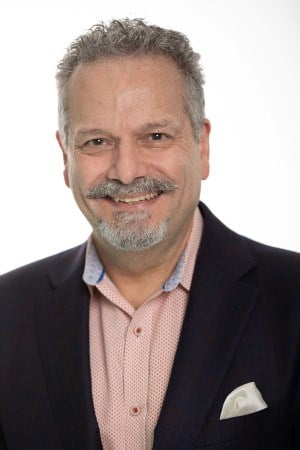Cell & Systems Biology
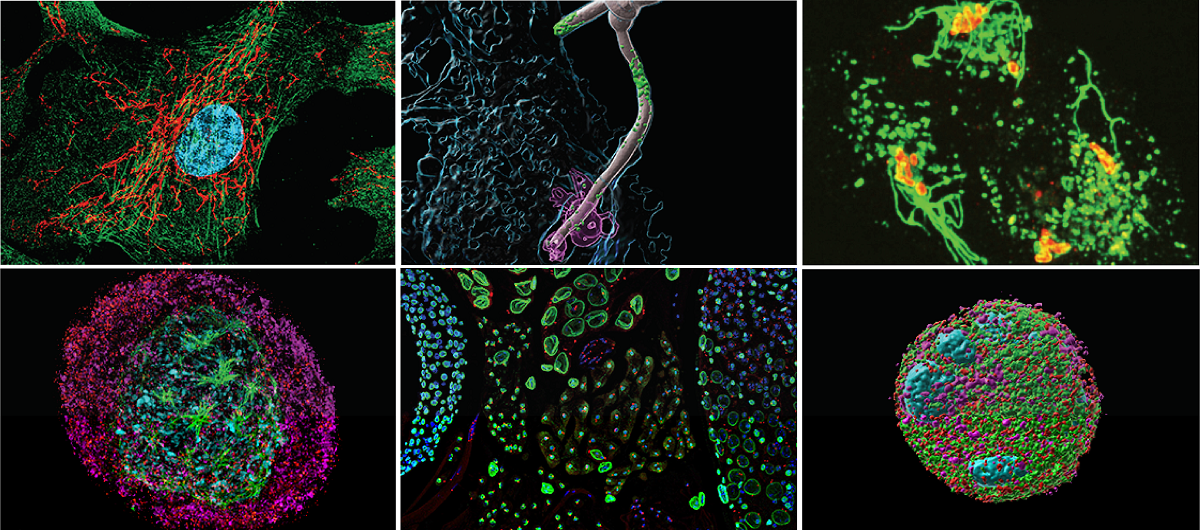
We aim to understand how cells function at the molecular level in health and disease.
Researchers in the Cell & Systems Biology program use cutting-edge methods in cell and molecular biology, biochemistry, and microscopy, combined with proteomics, combinatorial chemistry and high-throughput robotics. Our research examines cell physiology, inter- and intracellular signaling, cell structure, and organelle function, on both a cellular and molecular level. We use cell models both in culture and in vivo to model disease states and define normal mechanisms.
By the numbers
Over 250 staff and trainees
4 Senior Scientist Emeritus
22 Senior Scientists
4 Scientists
2 Cross-Appointed Scientists
1 Associate Scientist-Track Investigator
1 Transition-Clinician Scientist
1 Adjunct Scientist
5 Canada Research Chairs
3 Endowed Chairs at SickKids
1 Endowed Chair at the University of Toronto
38.7% average success rate of CIHR operating grants
Research team
Led by Dr. Spencer Freeman and a group of 27 Faculty, the Cell & Systems Biology Program is supported by over 250 graduate students, research fellows, research associates, technicians and administrative staff. Our scientists have clinical appointments in the Departments of Anaesthesia, Paediatrics, Paediatric Laboratory Medicine, and Surgery. They also hold academic appointments at the University of Toronto in Biochemistry, the Institute of Medical Science, Immunology, Laboratory Medicine and Pathobiology, Medical Biophysics, Molecular Genetics, and Physiology.
The balanced strength and diverse expertise of our staff allows for trans-disciplinary research and collaboration, enabling opportunities for exciting translational and transformational discoveries that will improve the health of children worldwide.
Awards and achievements
Cell & Systems Biology investigators currently hold six Canada Research Chairs (four Tier 1 and two Tier 2), three Endowed Chairs at SickKids and one Endowed Chair at the University of Toronto.
Canada Research Chairs
Tier 1
- Annie Huang
- Aleixo Muise
- Lisa Robinson
Tier 2
- Spencer Freeman
- Ran Kafri
Learn more about SickKids Canada Research Chairs
SickKids Endowed Chairs
- John Brumell: Pitblado Chair in Cell Biology
- Cynthia Hawkins: Garron Family Chair in Childhood Cancer Research
- Rae Yeung: Hak-Ming and Deborah Chiu Chair in Paediatric Translational Research
University of Toronto Endowed Chairs
- Meredith Irwin: Chair of Paediatrics
- James Rutka: R.S. McLaughlin Chair, Department of Surgery
- Julie Brill: Fellow, American Association for the Advancement of Science
- Neil Goldenberg: Inaugural recipient of the John Alchin and Hal Marryatt Early Career Professorship in Anesthesiology and Pain Medicine, Department of Anesthesiology and Pain Medicine, University of Toronto
- Sergio Grinstein: Fellow, Royal Society of Canada
- Meredith Irwin: Fellow, Canadian Academy of Health Sciences
- Amira Klip: Fellow, Royal Society of Canada, Best Female Scientist Award, 2022 Research.com Top Female Scientists in the World
- Lisa Robinson: Fellow, Canadian Academy of Health Sciences
- James Rutka: Officer of the Order of Canada; Order of Ontario; Fellow, Royal Society of Canada
- Philip Sherman: Fellow of the North American Society of Paediatric Gastroenterology, Hepatology & Nutrition
- William Trimble: Fellow, Royal Society of Canada
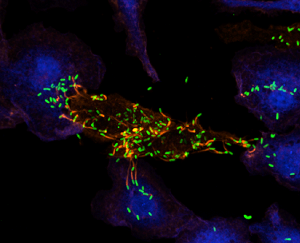
Cell-cell and cell-pathogen interactions (Cell-Cell/Cell-Host)
This research involves the study of how cells are affected by contact from outside their world. This involves studies of the interactions between cells in the context of a tissue, and the ways that microbial pathogens manipulate cells to establish an advantageous growth niche.
Listeria monocytogenes (green) is a bacterial pathogen that can grow within cells of their host, including macrophages (blue). They also have the remarkable ability to polymerize host cell actin (red) to propel them into neighbouring cells, allowing them to spread within our tissues. (Brumell Lab)
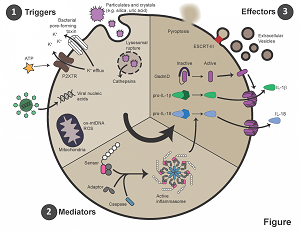
Immune cell function and dysfunction (Immunity)
Research in the program examines immune cells of both innate and adaptive immune systems. Studies focus both on how immune cells function normally to battle infection, and how on rare occasion these cells can turn against their host.

Canonical inflammasome pathways are activated by endogenous or exogenous cellular stress. Following inflammasome assembly, a variety of mediators are released to propagate the innate immune response. (Goldenberg Lab)
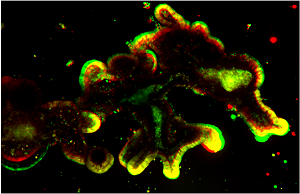
Fundamental cellular processes and their contribution to disease (Membrane traffic)
Research in this area includes the study of membrane traffic, organelle function and organelle turnover within the cell, and how defects in these processes can lead to diseases such as diabetes cancer, cystic fibrosis and hypertension.
Swelling of tissue organoid from a mouse ileum before (red) and after (green) activation of Cystic Fibrosis Transmembrane Regulator (CFTR), whose gene is mutated in Cystic Fibrosis. A cross-section of ileal organoid obtained by high content 3D microscope (IXMC) is shown. (Rotin Lab)
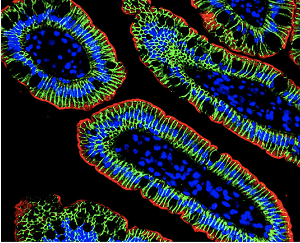
Spatial and temporal control of cell signaling in health and disease (Signaling)
Cells continually receive stimuli from external sources and must assimilate this information to decide whether to replicate, migrate, secrete hormones etc. Studies in the program are investigating how this signaling occurs, how it is controlled, and what happens if it fails to occur correctly.

Dual IF labeling of iALP and beta-catenin antibodies on paraffin section of normal human duotenum. (Muise Lab)
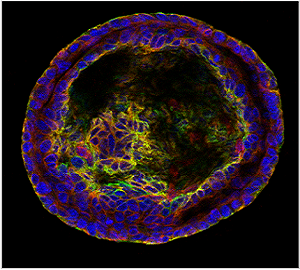
Regulation of cell growth and defects leading to cancer(Cell Death/Cancer)
Cell proliferation is balanced by cell death, and failure to maintain this balance can lead either to uncontrolled proliferation in the form of cancer, or loss of cells in the cases of ischemia or bone marrow failures. Research in the program aims to understand the mechanisms that control the cell’s decision to proliferate or die and determine how this balance goes awry in disease states.
Mouse mammary epithelial derived "mammosphere" where multiple oncogenic events have been combined to study emergence of the cancer phenotype ex vivo. This mammosphere is stained with antibodies against luminal (cytokeratin 8) and basal (cytokeratin 14) epithelial cell markers. Nuclei are DAPI stained. (Egan Lab)
Cell & Systems Biology Seminars
Cell & Systems Biology Seminars are held every other Friday from 1:30 to 2:30 p.m. between September and May unless otherwise specified.
Our seminars bring together faculty members and trainees from SickKids and the broader Toronto research community. These talks showcase a wide range of topics and an impressive line-up of both international and local speakers throughout the academic year. All are welcome to attend!
-
Mar 27: Dr. Bonnie Bartel, PhD, Rice University
Peroxisome function, dysfunction, and dynamics in Arabidopsis
PGCRL: Event Room 1
-
May 8: Dr. Eric Delpire, PhD, Vanderbilt University
A role for the Na-K-2Cl cotransporter in intestinal inflammation
PSC: Excellence/Compassion Room
Cell & Systems Biology Labs
-
Julie Brill Lab
-
Sean Egan Lab
-
Sergio Grinstein Lab
-
Cynthia Guidos Lab
-
Cynthia Hawkins Lab
-
Peter Kim Lab
-
Amira Klip Lab
-
Mathieu Lemaire Lab
-
Christoph Licht Lab
-
Michelle Maxson Lab
-
Michael Moran Lab
-
Aleixo Muise Lab
-
Blayne Sayed Lab

February 11, 2026
Meet seven scientists shaping the future of child health research at SickKids
On the International Day for Women and Girls in Science we celebrate the scientific contributions of seven women from each SickKids research program.

February 6, 2026
SickKids research awarded more than $19 million through CIHR Fall 2025 Project Grant funding
The grants will fund projects that span the spectrum of child health research, from clinical trials and robotics to genomic and molecular discoveries.

February 2, 2026
First-of-its-kind pan-Canadian trial to treat baby brain cancers without radiation
The DECRYPT-BABYBRAIN clinical trial brings together leading paediatric centres coast-to-coast to pioneer a radiation-free approach to treat rare and aggressive brain cancers in babies.
Core facilities & Centres
Our team members work across a number of SickKids core facilities and centres to conduct their research. They contribute to studies involving inflammatory bowel diseases (IBD), brain tumours, cancer, childhood arthritis and rheumatic disease, cystic fibrosis, and several other paediatric conditions.
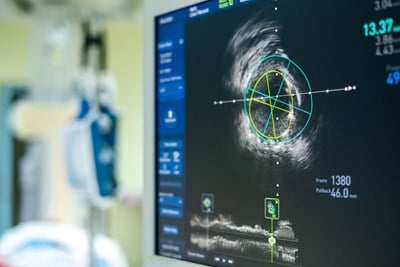
SickKids Imaging Facility
The Imaging Facility provides a full range of biological imaging solutions for life sciences research. The facility contains a wide array of the latest technologies in biological imaging, which are available to all researchers on a user-cost basis.
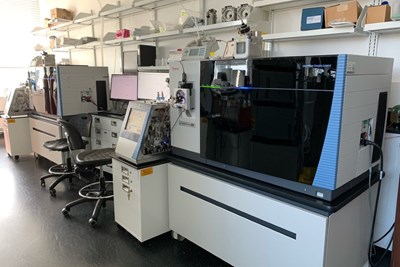
SickKids Proteomics Analytics Robotics & Chemical Biology Centre (SPARC BioCentre)
The SickKids SPARC Biocentre provides two in-demand services for cell biology researchers at SickKids and around the world - drug discovery and molecular analysis.
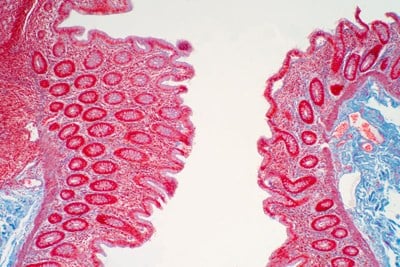
Inflammatory Bowel Disease (IBD) Centre
The IBD Centre brings together the strengths of SickKids’ IBD Program and Research Institute to build our understanding of the development of paediatric IBD, leading to better clinical care for individual patients.
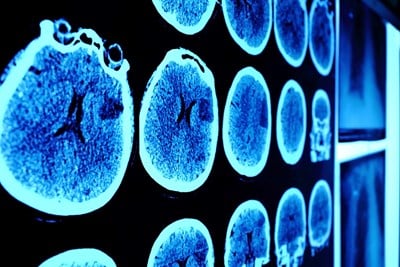
The Arthur and Sonia Labatt Brain Tumour Research Centre
The Arthur and Sonia Labatt Brain Tumour Research Centre (BTRC) is the largest comprehensive brain tumour research program in Canada, and a global leader in paediatric brain tumour research and therapy.
Contact Cell & Systems Biology
Taylor Bridge, Program Manager
686 Bay St, Toronto, ON M5G 0A4
416-813-8499


